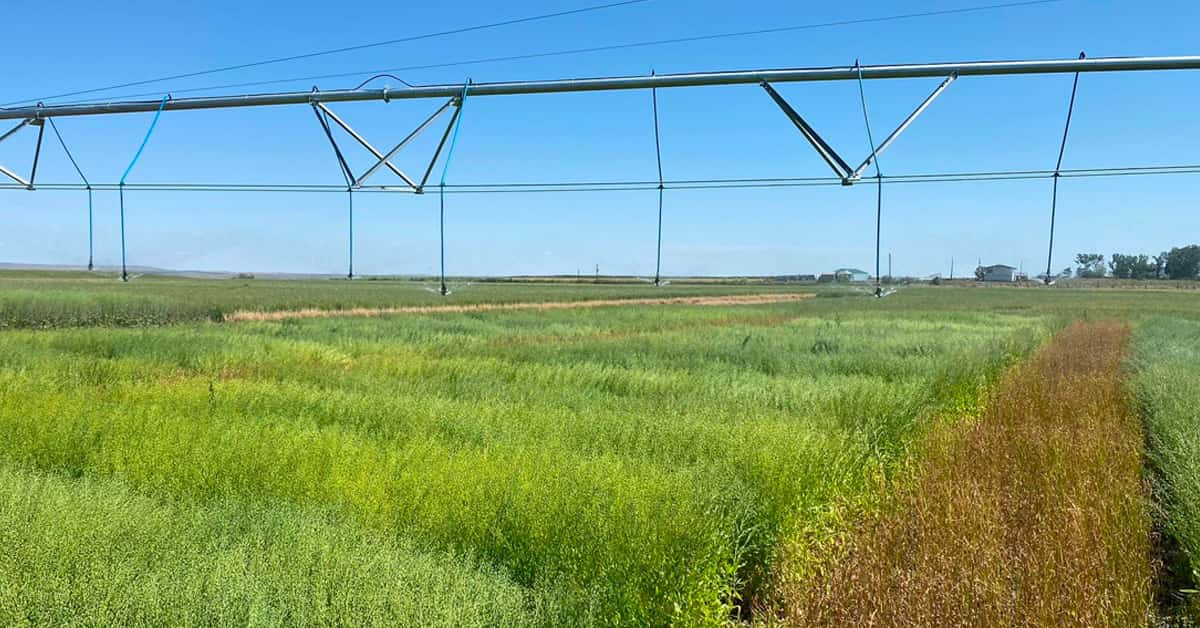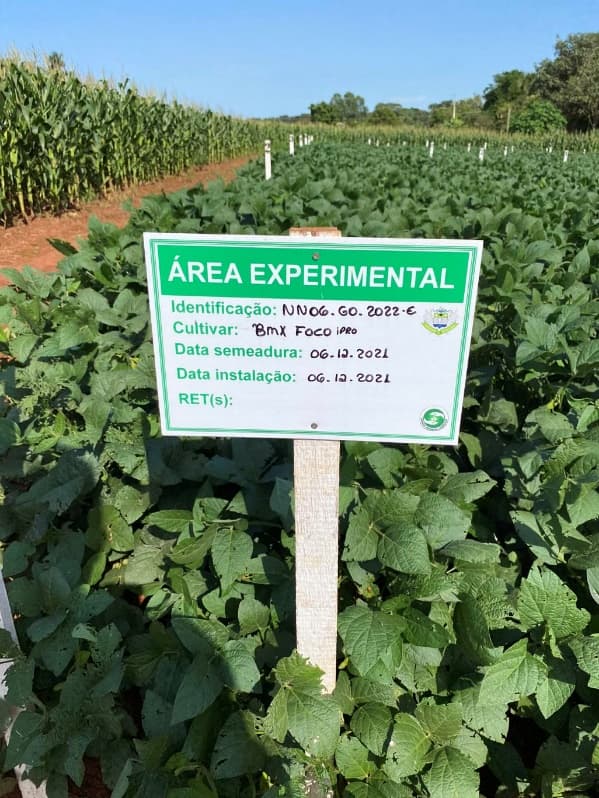Plant breeding is one of the agriculture cornerstones. New hybrids and varieties with superior performance and carrying novel traits are fundamental to meet the challenges of producing food, feed, fiber and fuel. The development of new germplasm has to balance yield, quality and sustainability, as well as generate benefits to farmers, consumers and the environment. The process is a continuous cycle of generating variability, trialing it and selecting the best ones.
Newer technologies, like transgenesis and genome editing, are very effective in generating useful variability and have the potential to change the breeding process, still based on conventional recombination. Likewise, genomic selection and modeling have severely improved the efficiency of the selection process and have increased the concentration of superior genotypes to be tested.
Once new germplasm is generated, the process invariably requires a robust trialing system. Testing germplasm performance, defining range of adaptation, product positioning against potential rivals, meeting regulatory requirements, testing the robustness of new traits can all be the focus of trialing systems. All of them require careful planning, expert implementation, utilization of several technology layers and careful analysis, so the data can be translated into meaningful insights. Our experts at AgriThority® have extensive experience in germplasm development.
In recent years, we have been involved with the development of camelina germplasm for the U.S. A potential new crop for the U.S., the oil from camelina is suitable for a variety of food uses, plastic and for biodiesel production. Usually targeted for the Northern plains as an alternative for wheat and winter crops, it shows genetic potential to be planted across the whole Midwest and southeastern U.S. Additionally, new traits are being tested, aiming the agronomy of the crop, and building the expectation that it should soon be an additional option for farmers.

As large seed companies branch out and new seed companies bring new technologies to the market, where can these companies turn for cultivar testing and education of their teams? Some seed companies are building their own contract research capabilities since they have the agronomic capabilities on staff.
In the U.S., the Universities have been a main source of cultivar testing since the Hatch Act of 1887 made it possible to conduct agricultural research through state land grant universities. As the years have gone by, university researchers are assigned more tasks beyond seed comparison trials. At the same time growers are seeking more in-depth education and performance proof before adopting new technologies. Independent testing and analysis remain a critical component of any product development program.
As an independent, third-party organization, AgriThority® can work in conjunction and cooperation with universities or directly with contract research organizations (CROs) to conduct cultivar testing experiments where the trials have the best chance of successful results.
In South America, AgriThority® has worked with a client over multiple years to develop a hybrid portfolio model and positioning strategy based on the integration of multiple sources of information from small plots to field scale testing. In environments prone to drought and heat stress such as those in Argentina and Brazil, it becomes critical to properly weight the testing environments following the expected trends in the longer term to avoid being strongly biased by the effect of individual years in the selection and positioning strategy.
In addition to that work, the team has done a knowledge transfer program that conducts technical and process training for the company’s internal teams. Post-harvest, the team used field-scale information for product knowledge and positioning, updated the strengths with gaps analysis and developed strategies to strengthen the product portfolio and sales message.

Also, AgriThority® has been working with clients on the development of remote-sensing tools to aid in the improvement of corn and soybean phenotyping by adding layers to the more traditional field characterization that can provide a more comprehensive knowledge of large-scale field trials, thus improving its predictive power on hybrid performance.
Finally, through its TrialWerx system, AgriThority® is bringing new power to trialing. By combining traditional field characterization with layers of remote sensing digital information in well managed trials, the team is able to build temporal and spatial data series that provide a more comprehensive understanding of trial results, especially from large-scale trials in farmer fields. This additional knowledge allows much stronger insights into product performance.
AgriThority® experts add value both in the big picture and the localization of performance trials around the world. Helping innovators see the big picture of how varieties fit across regions, as well as how the variety interacts with diseases, pests and other products on a local level, adds context to variety development.
Forward-thinking agriculture experts with deep scientific experience are the core of AgriThority®. As an independent authority in agriculture innovations, we focus on exploring potential, expanding market access, and evolving production for greater food security and sustainability. When your Research is ready for Development, turn to AgriThority® for scientific business, market and product expertise.


